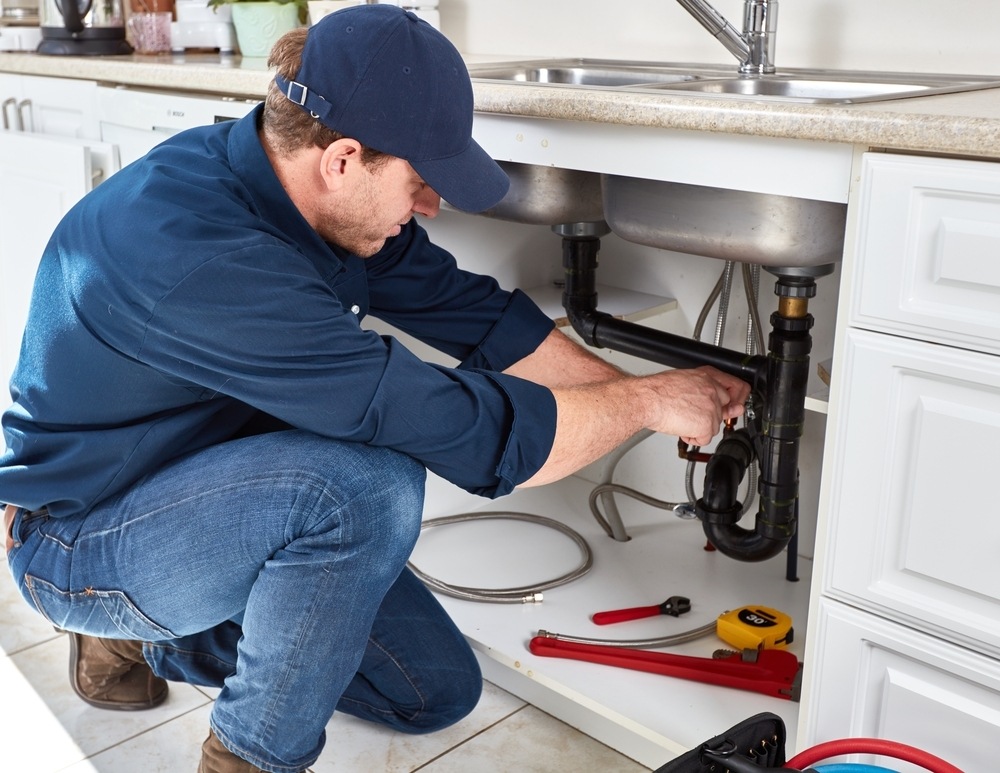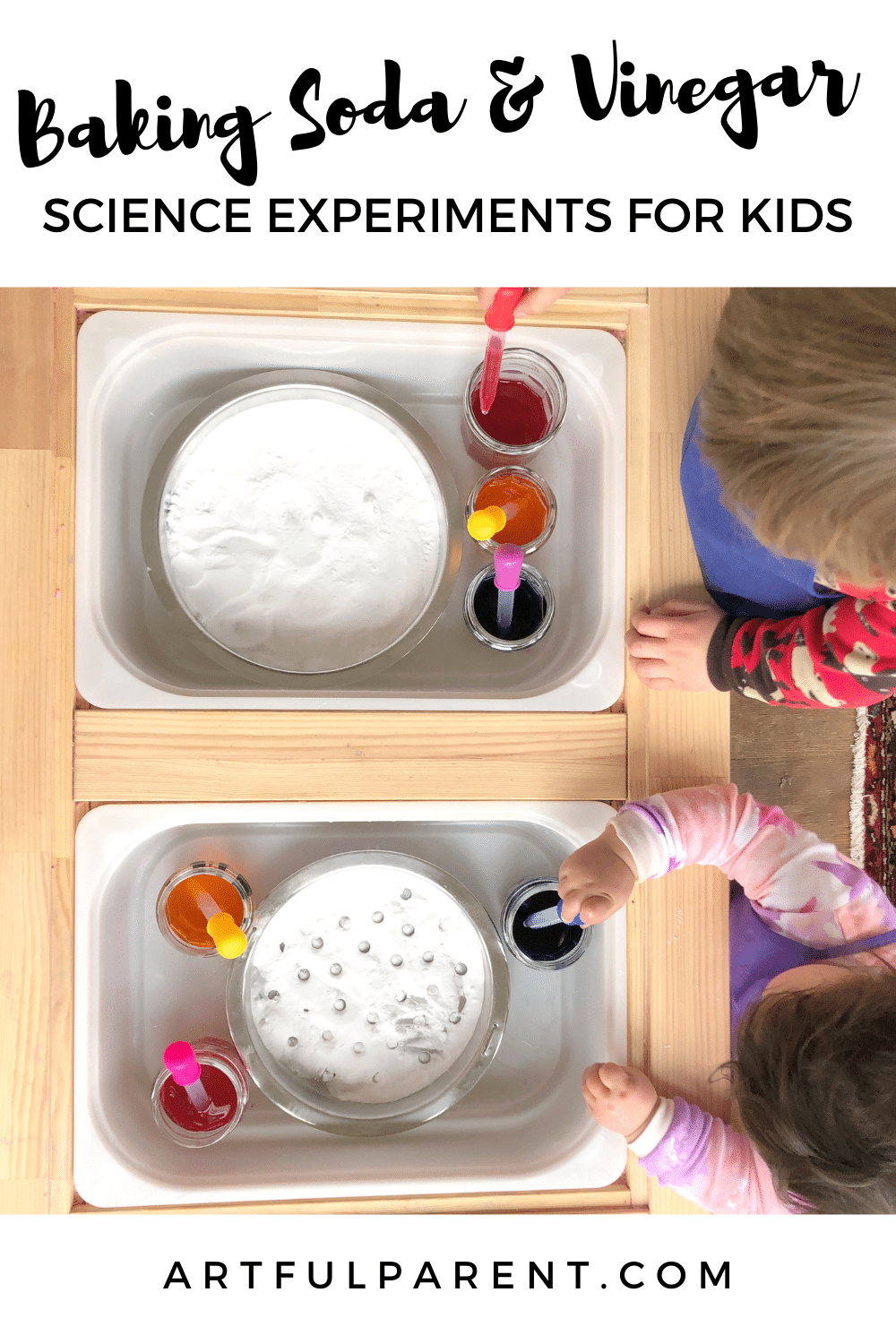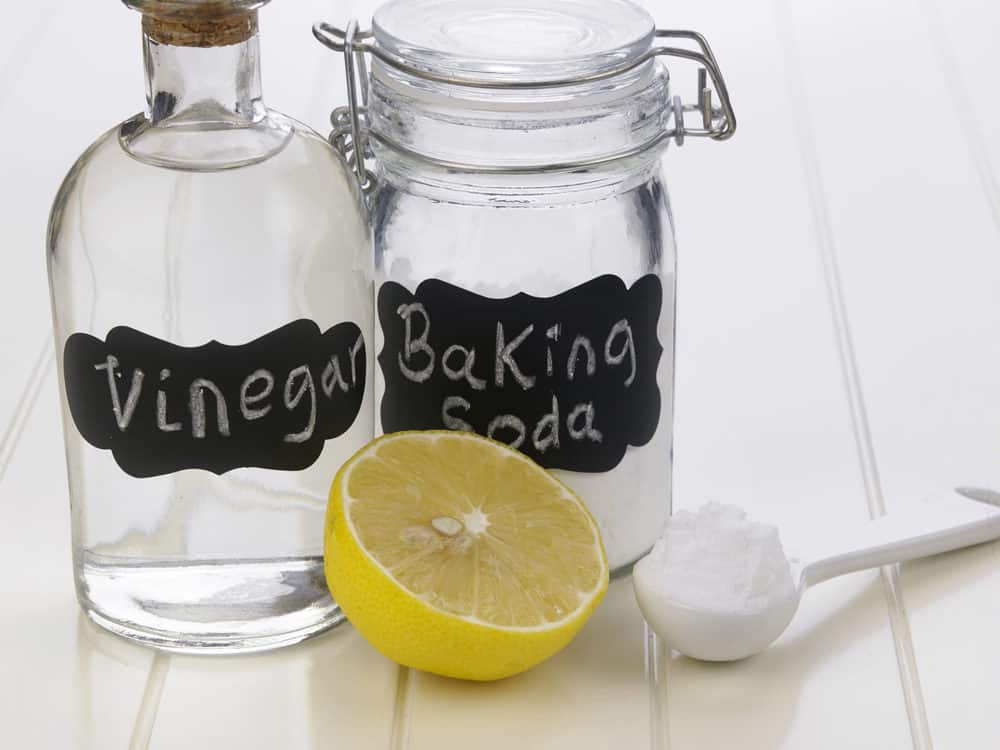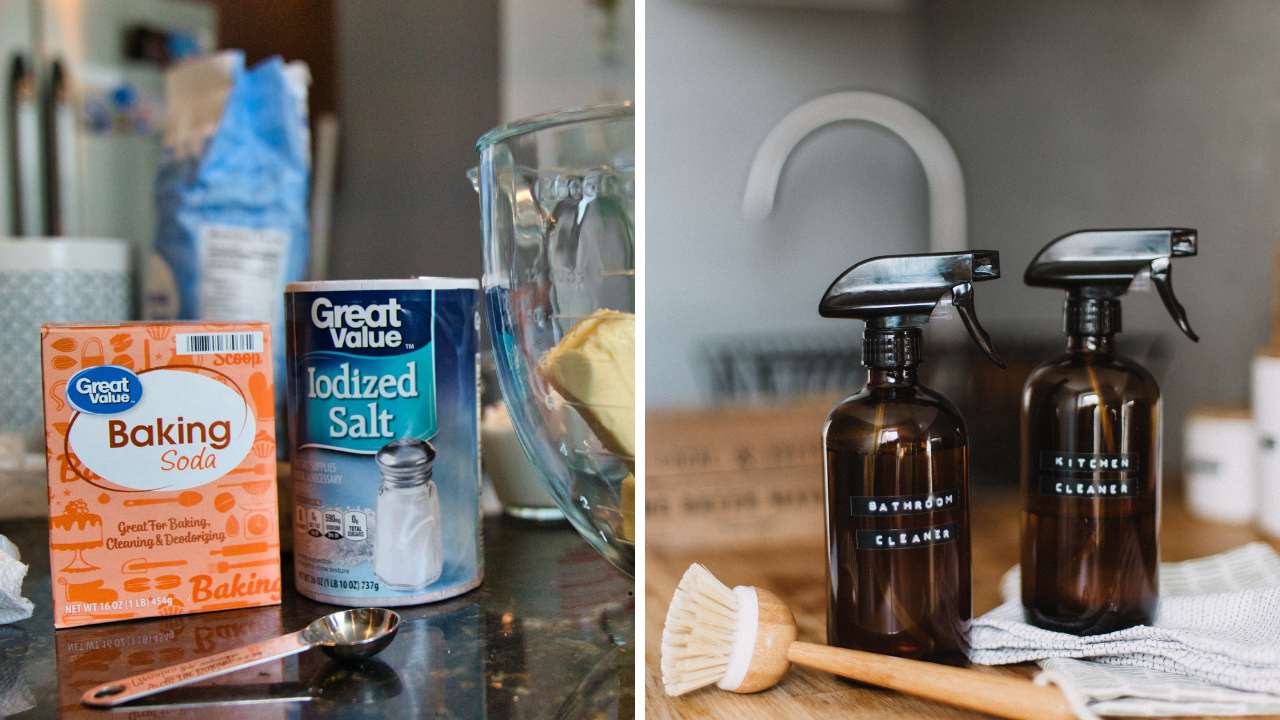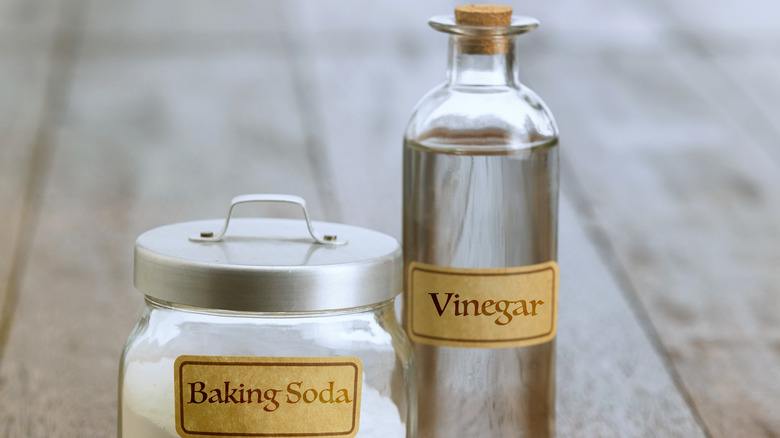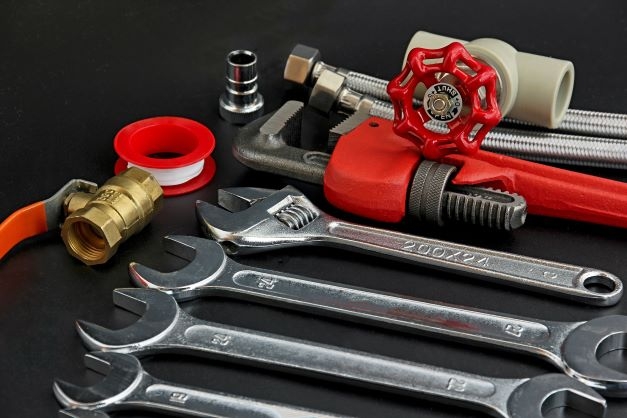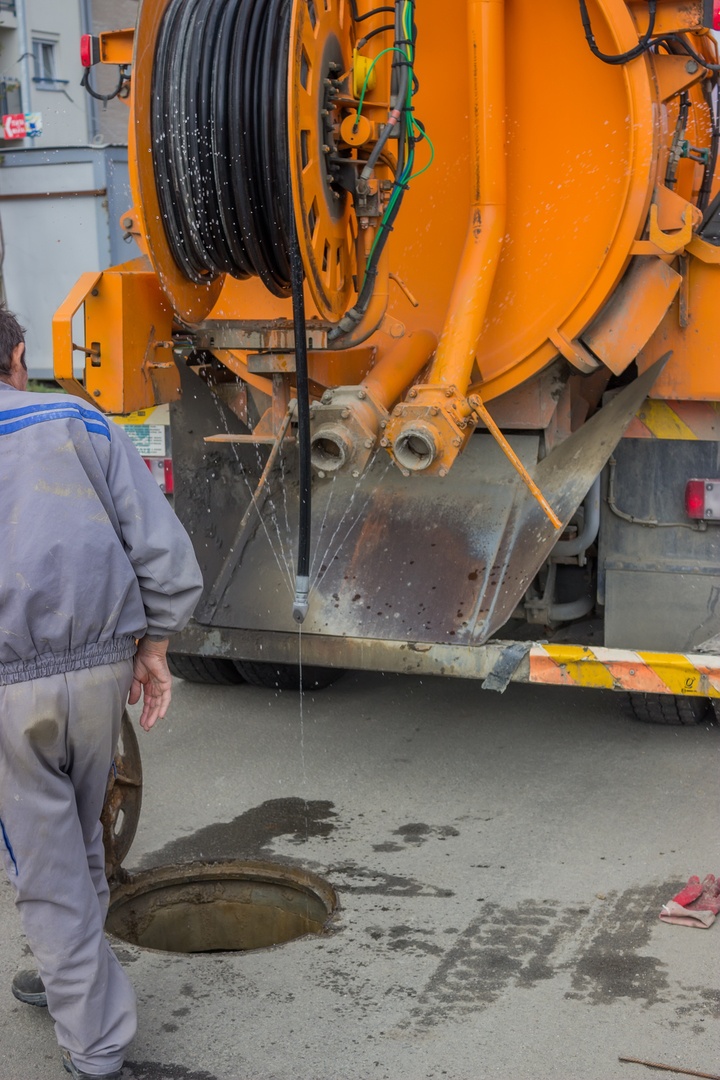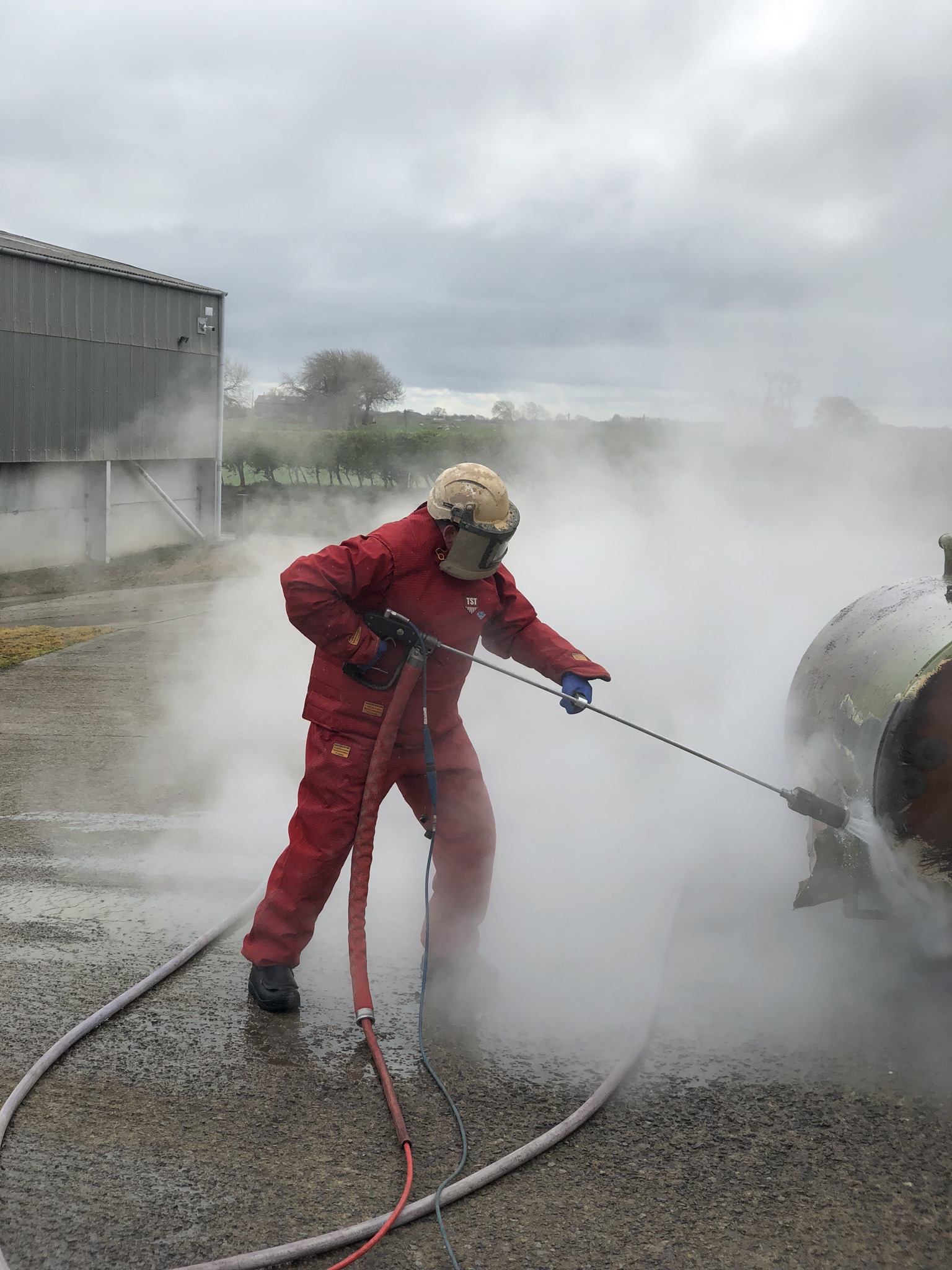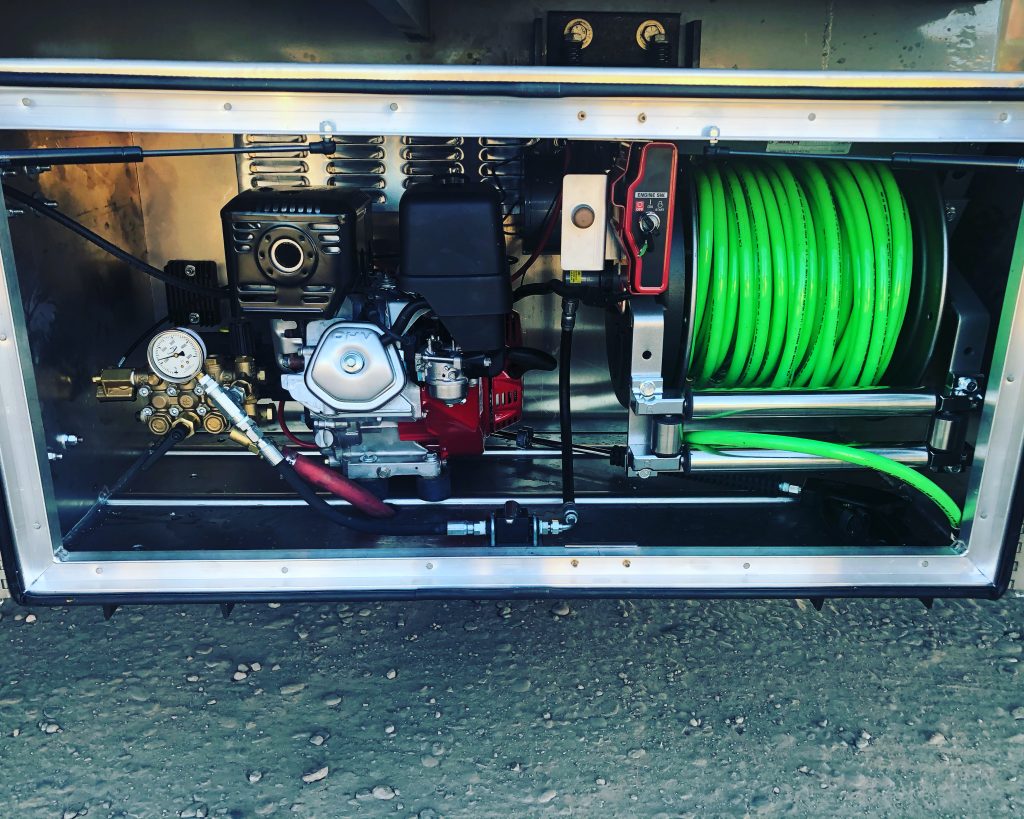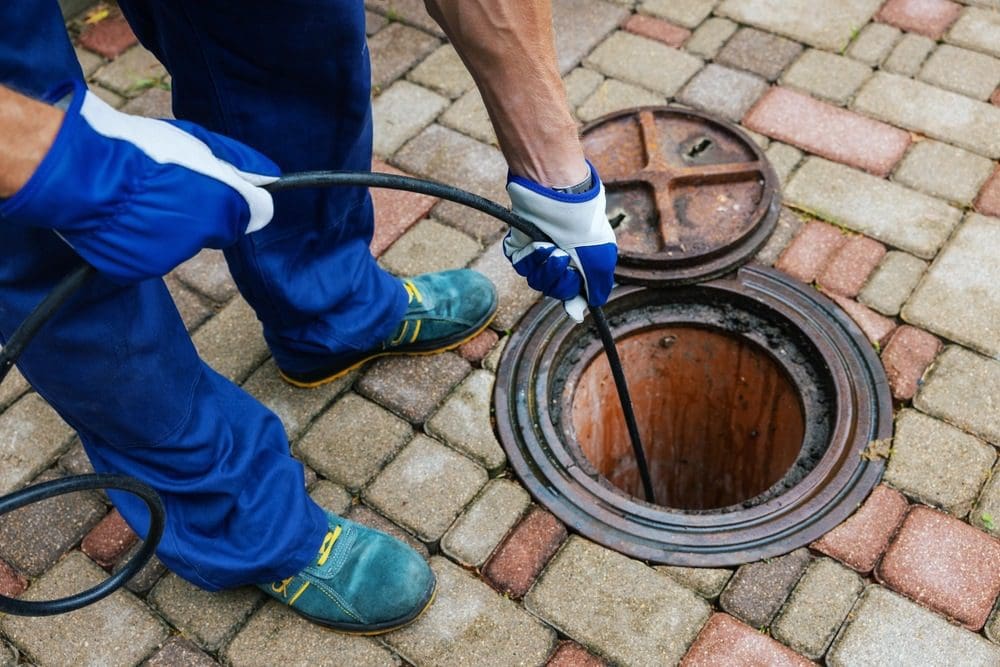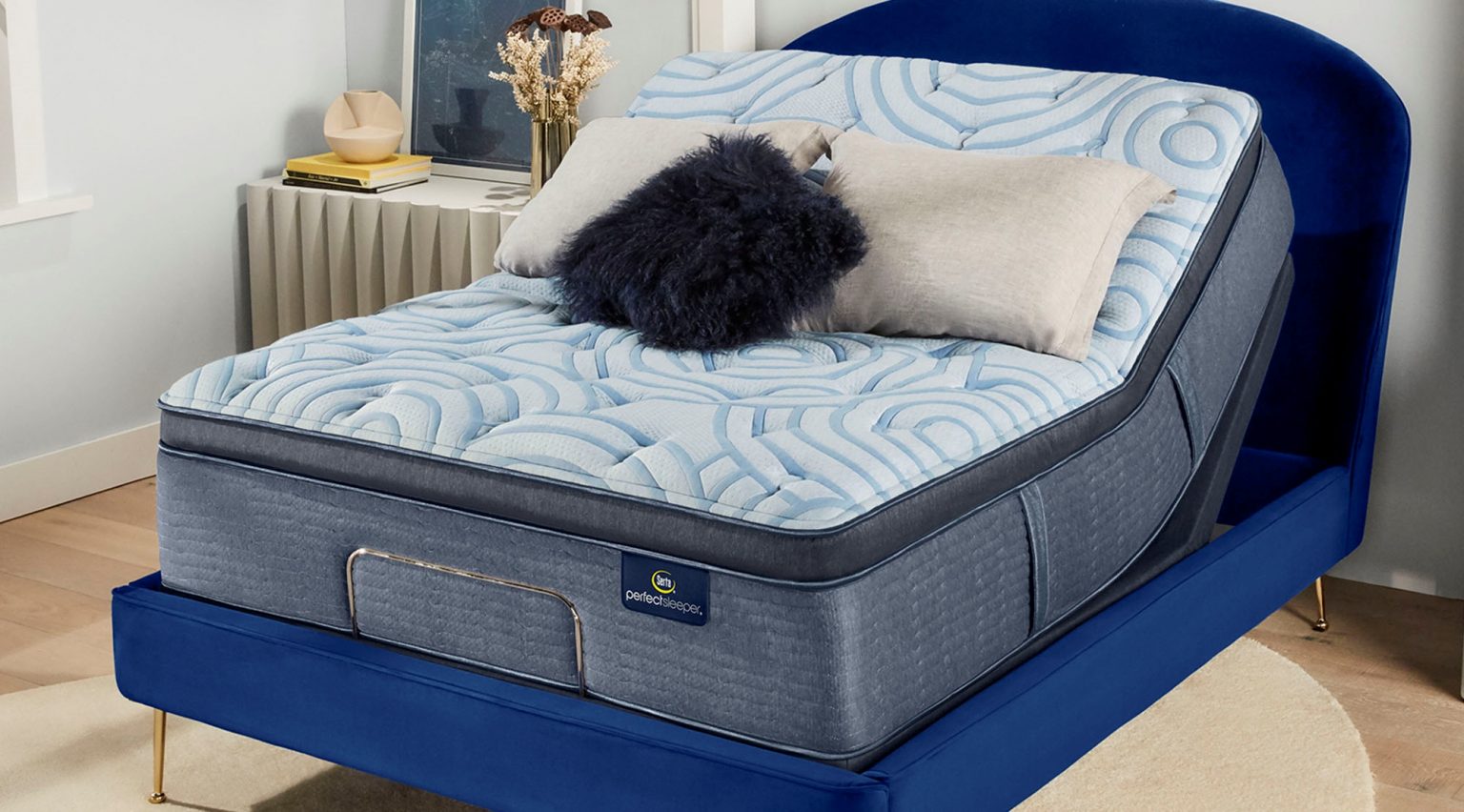If your kitchen sink is draining at a snail's pace, the most likely culprit is a clogged drain. Over time, food particles, grease, and other debris can build up in your drain, creating a blockage that restricts water flow. This can cause water to pool in your sink and take a long time to drain. If left untreated, a clogged drain can lead to more serious plumbing issues. So, what can you do to fix this problem?1. Clogged Drain
Slow drainage is a common problem that many homeowners face with their kitchen sink. It can be caused by a variety of factors, including a clogged drain, a kitchen sink blockage, or a buildup of debris in your drain pipes. Slow drainage not only makes it difficult to use your sink, but it can also lead to foul odors and potential water damage. So, it's important to address this issue as soon as you notice it.2. Slow Drainage
A kitchen sink blockage is often the result of pouring grease, oil, or food scraps down your drain. These substances can solidify and create a blockage in your pipes, making it difficult for water to flow freely. Additionally, larger items like utensils or chunks of food can also get stuck in your drain and cause a blockage. If you suspect a blockage is the cause of your slow-draining kitchen sink, there are a few methods you can try to clear it.3. Kitchen Sink Blockage
Over time, your drain pipes can accumulate a buildup of hair, soap scum, and other debris. This can constrict the flow of water and lead to slow drainage. If you have tried plunging or using a drain snake to clear your clogged drain with no success, the issue may be a buildup of debris in your drain pipes. In this case, you may need to call a professional plumber to professionally clean your pipes.4. Drain Pipe Buildup
One of the most common causes of a clogged kitchen sink is a grease clog. When cooking, it's inevitable that some grease and oil will make its way down your drain. However, over time, this can build up and solidify in your pipes, creating a stubborn clog. To prevent this, avoid pouring grease down your drain and dispose of it in a separate container instead.5. Grease Clog
If you notice a clogged drain in your kitchen sink, the first thing you should try is using a plunger. This handy tool can create suction and dislodge any blockages in your drain. Make sure to cover the overflow drain with a wet cloth to prevent air from escaping. Then, place the plunger over your drain and push and pull until the clog is dislodged. If the water starts to drain, you know you have successfully cleared the blockage.6. Plunger
If a plunger doesn't do the trick, you may need to use a drain snake. This long, flexible tool can reach deep into your pipes and break up any stubborn clogs. Insert the snake into your drain and twist it while pushing it further in. Once you feel resistance, continue to twist and push until the clog is cleared. You can then pull out the snake and run water to ensure the clog is completely removed.7. Drain Snake
If you prefer a more natural approach to unclogging your kitchen sink, try using a mixture of baking soda and vinegar. Start by pouring half a cup of baking soda down your drain, followed by half a cup of vinegar. The chemical reaction between the two will create a foaming action that can help break up any clogs. Let it sit for 15-20 minutes before flushing with hot water.8. Baking Soda and Vinegar
If you have a stubborn clog that won't budge, a plumber's auger may be your best option. This tool is specifically designed to clear tough clogs in your drain pipes. It features a long, flexible cable with a corkscrew-like tip that can break through blockages. You can find these at most hardware stores, but if you're not comfortable using one, it's best to call a professional plumber.9. Plumber's Auger
If all else fails, hydro jetting may be the solution for your very slow draining kitchen sink. This method involves using high-pressure water to clear out your drain pipes and remove any buildup or blockages. It is a more powerful and effective option than traditional snaking or plunging. However, it should only be done by a professional plumber to avoid damaging your pipes.10. Hydro Jetting
How to Solve a Very Slow Draining Kitchen Sink
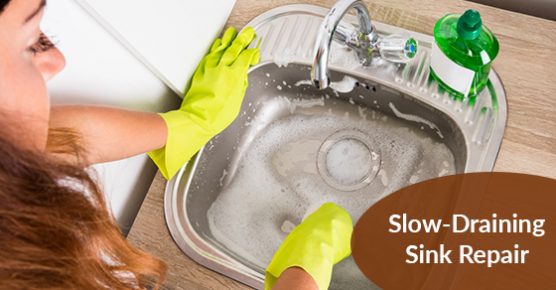
Understanding the Problem
 A kitchen sink is an essential element of any house design, and it is used multiple times a day for various purposes. But what happens when it starts to drain slowly? This issue is not only annoying, but it can also hinder your daily tasks and cause some serious plumbing problems if not addressed promptly. A very slow draining kitchen sink is a common problem that many homeowners face, but luckily it is not a difficult one to fix.
A kitchen sink is an essential element of any house design, and it is used multiple times a day for various purposes. But what happens when it starts to drain slowly? This issue is not only annoying, but it can also hinder your daily tasks and cause some serious plumbing problems if not addressed promptly. A very slow draining kitchen sink is a common problem that many homeowners face, but luckily it is not a difficult one to fix.
Possible Causes
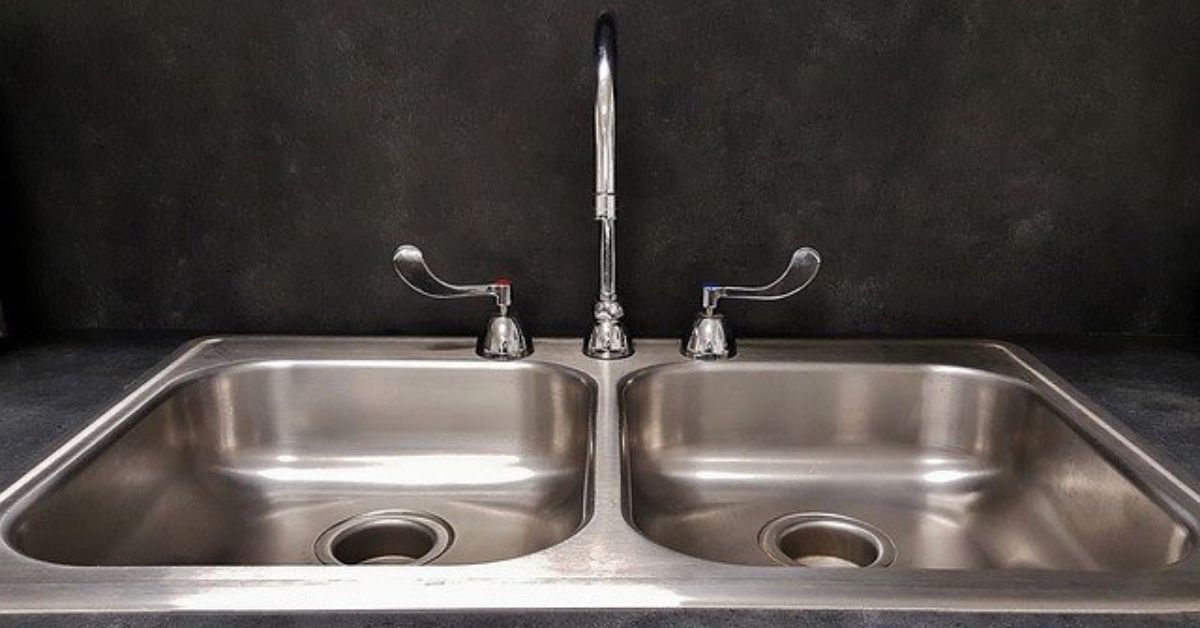 Before we jump into the solution, let's first understand the possible causes of a slow draining kitchen sink. One of the most common reasons is a clogged drain. This can happen due to food particles, grease, or other debris building up in the pipes over time. Another cause could be a blocked air vent, which can disrupt the smooth flow of water and cause it to drain slowly. Additionally, a damaged or improperly installed garbage disposal can also lead to a slow draining sink.
Before we jump into the solution, let's first understand the possible causes of a slow draining kitchen sink. One of the most common reasons is a clogged drain. This can happen due to food particles, grease, or other debris building up in the pipes over time. Another cause could be a blocked air vent, which can disrupt the smooth flow of water and cause it to drain slowly. Additionally, a damaged or improperly installed garbage disposal can also lead to a slow draining sink.
Steps to Fix the Issue
 Step 1:
Start by removing any visible debris from the sink using a plunger or a snake tool. This will help to clear out any clogs in the drain.
Step 2:
If the clog persists, try using a mixture of hot water and vinegar to break down any buildup in the pipes. Simply pour a cup of hot water down the drain followed by a cup of vinegar. Let it sit for a few minutes before flushing it out with more hot water.
Step 3:
If the above methods don't work, it's time to check the air vent. Look for any obstructions or blockages and clear them out if possible. If the air vent is damaged, it may need to be replaced by a professional.
Step 4:
In the case of a damaged garbage disposal, it's best to call a plumber to fix the issue. Trying to fix it yourself may cause more harm than good.
Step 1:
Start by removing any visible debris from the sink using a plunger or a snake tool. This will help to clear out any clogs in the drain.
Step 2:
If the clog persists, try using a mixture of hot water and vinegar to break down any buildup in the pipes. Simply pour a cup of hot water down the drain followed by a cup of vinegar. Let it sit for a few minutes before flushing it out with more hot water.
Step 3:
If the above methods don't work, it's time to check the air vent. Look for any obstructions or blockages and clear them out if possible. If the air vent is damaged, it may need to be replaced by a professional.
Step 4:
In the case of a damaged garbage disposal, it's best to call a plumber to fix the issue. Trying to fix it yourself may cause more harm than good.
Preventative Measures
 To avoid facing this issue in the future, there are a few preventative measures you can take. Always make sure to use a sink strainer to catch any food particles or debris from going down the drain. Also, avoid pouring grease or oil down the sink as it can solidify and cause blockages. Regularly cleaning your sink and flushing it with hot water and vinegar can also help to prevent clogs.
In conclusion, a very slow draining kitchen sink is a common problem that can be easily fixed with some basic troubleshooting steps. It's important to address the issue promptly to avoid any further plumbing problems. By following the preventative measures mentioned above, you can keep your kitchen sink functioning smoothly for years to come.
To avoid facing this issue in the future, there are a few preventative measures you can take. Always make sure to use a sink strainer to catch any food particles or debris from going down the drain. Also, avoid pouring grease or oil down the sink as it can solidify and cause blockages. Regularly cleaning your sink and flushing it with hot water and vinegar can also help to prevent clogs.
In conclusion, a very slow draining kitchen sink is a common problem that can be easily fixed with some basic troubleshooting steps. It's important to address the issue promptly to avoid any further plumbing problems. By following the preventative measures mentioned above, you can keep your kitchen sink functioning smoothly for years to come.












/cdn.vox-cdn.com/uploads/chorus_asset/file/19616741/drain_xl_0.jpg)




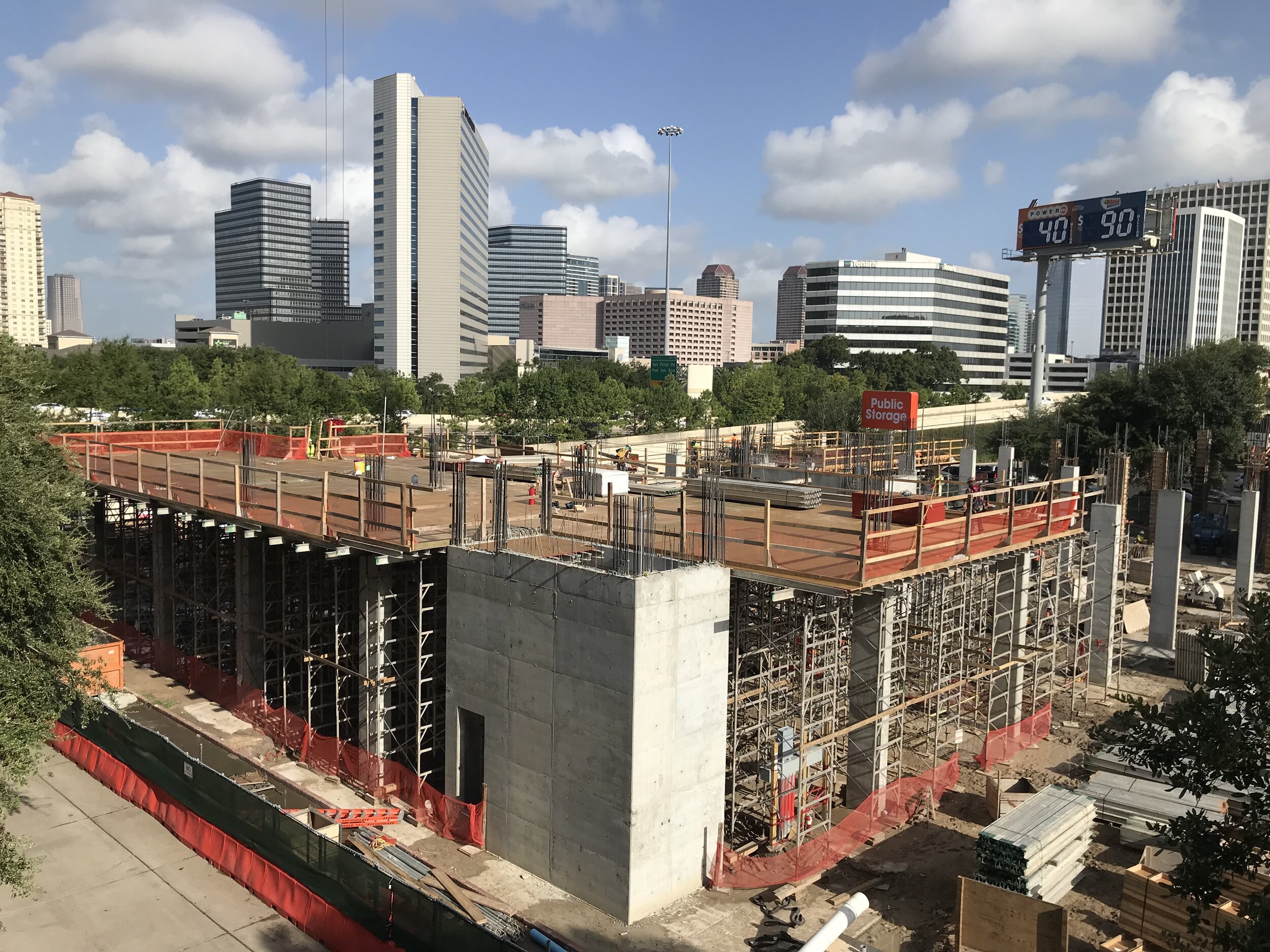

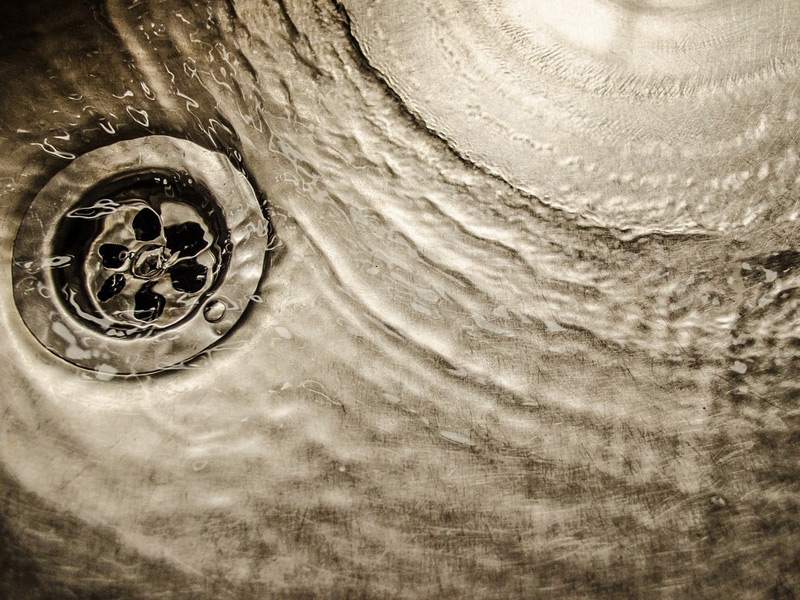



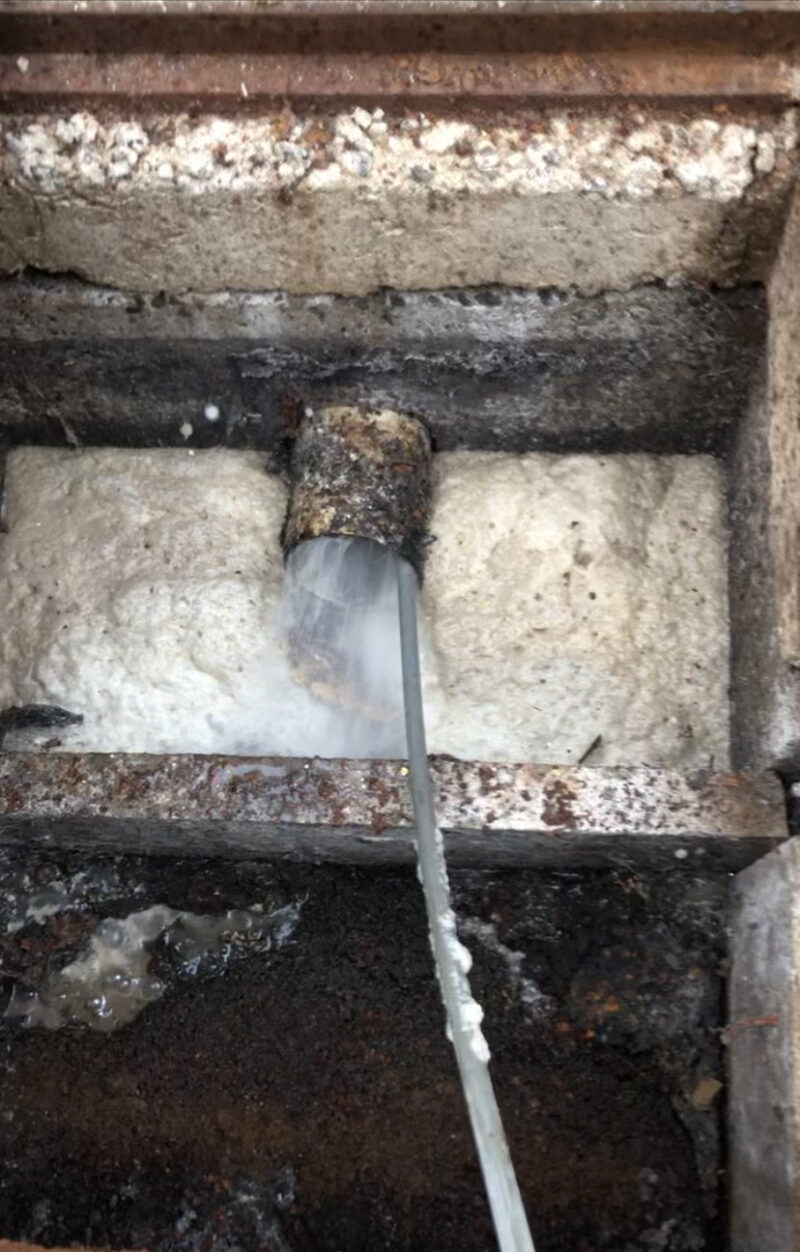
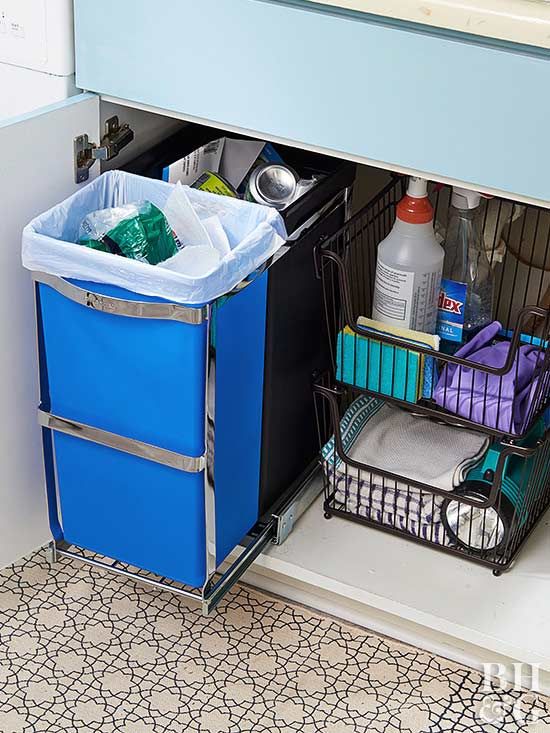


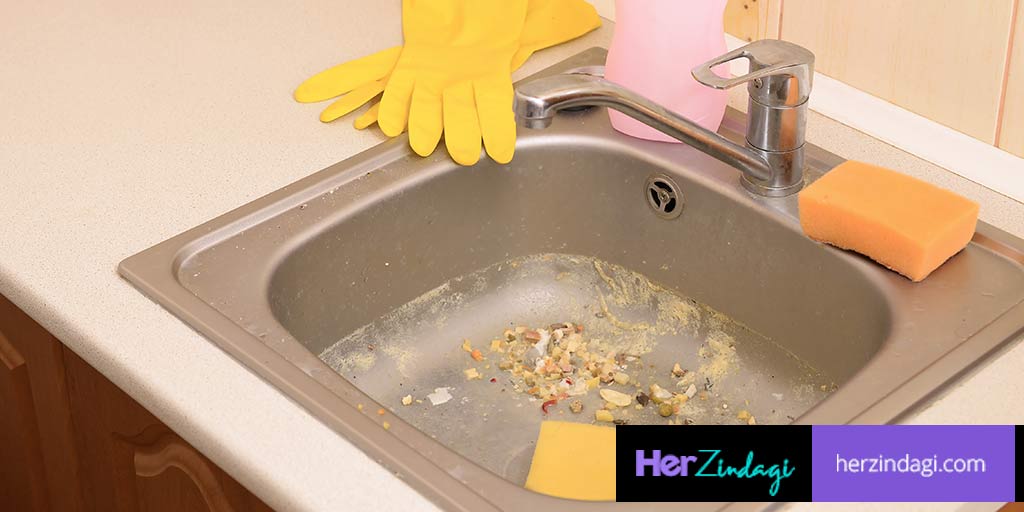
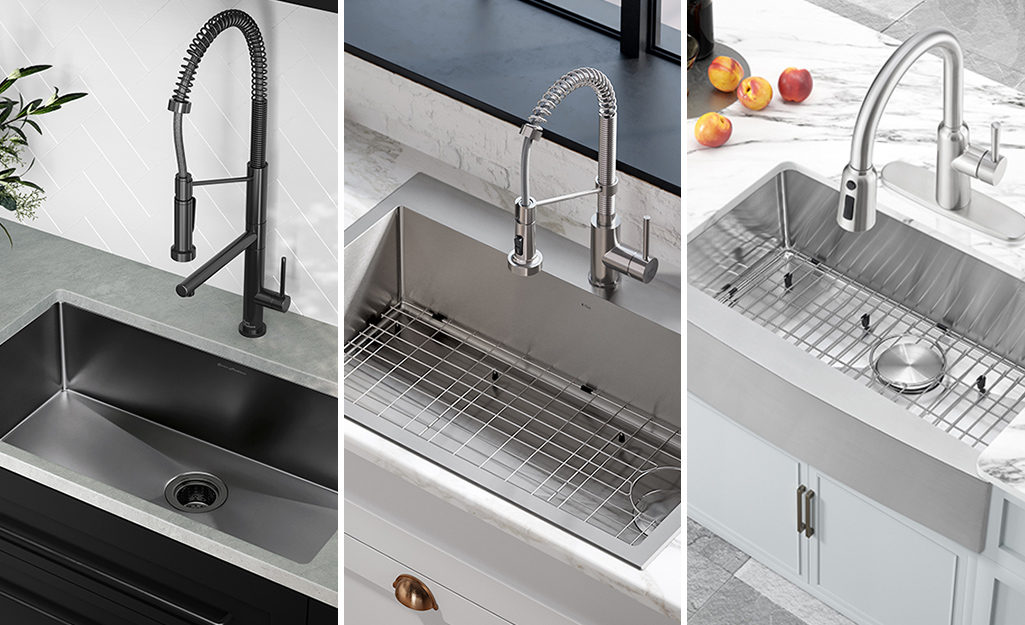
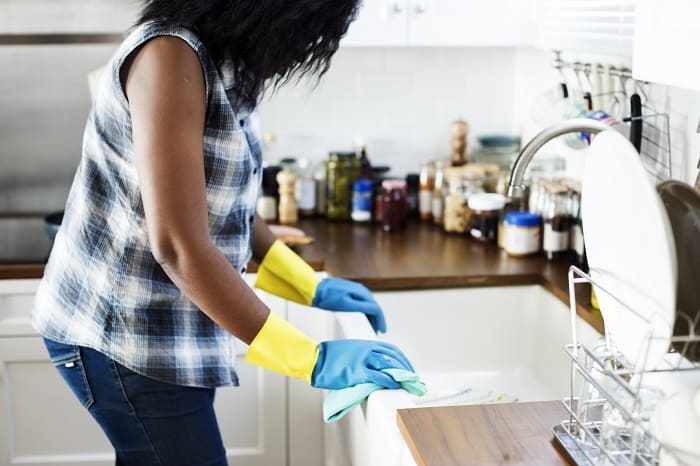

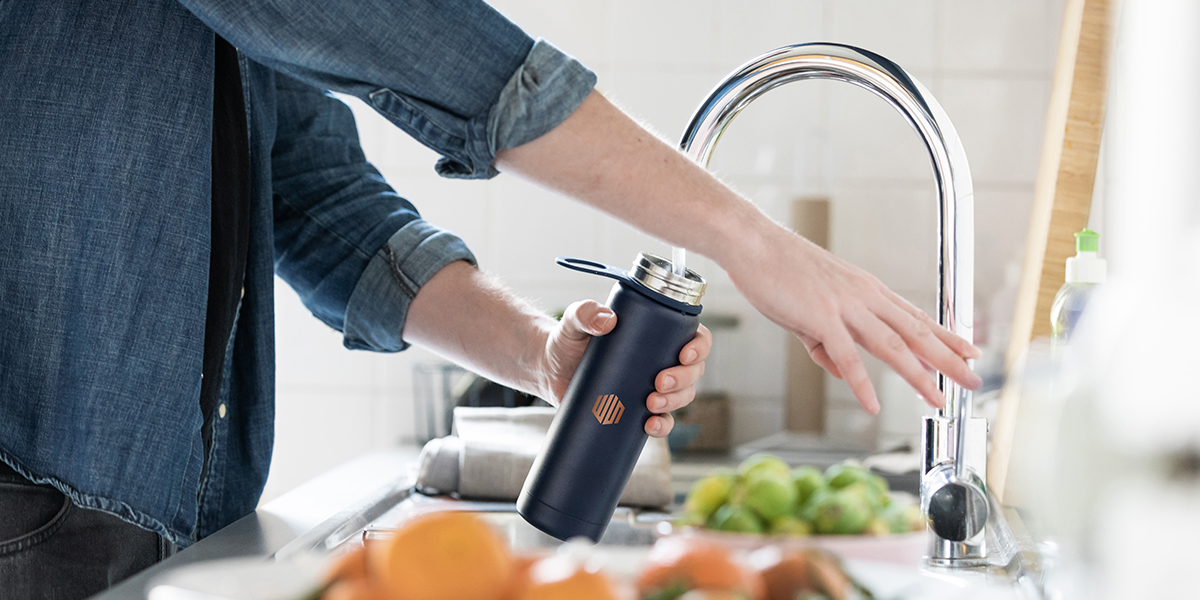



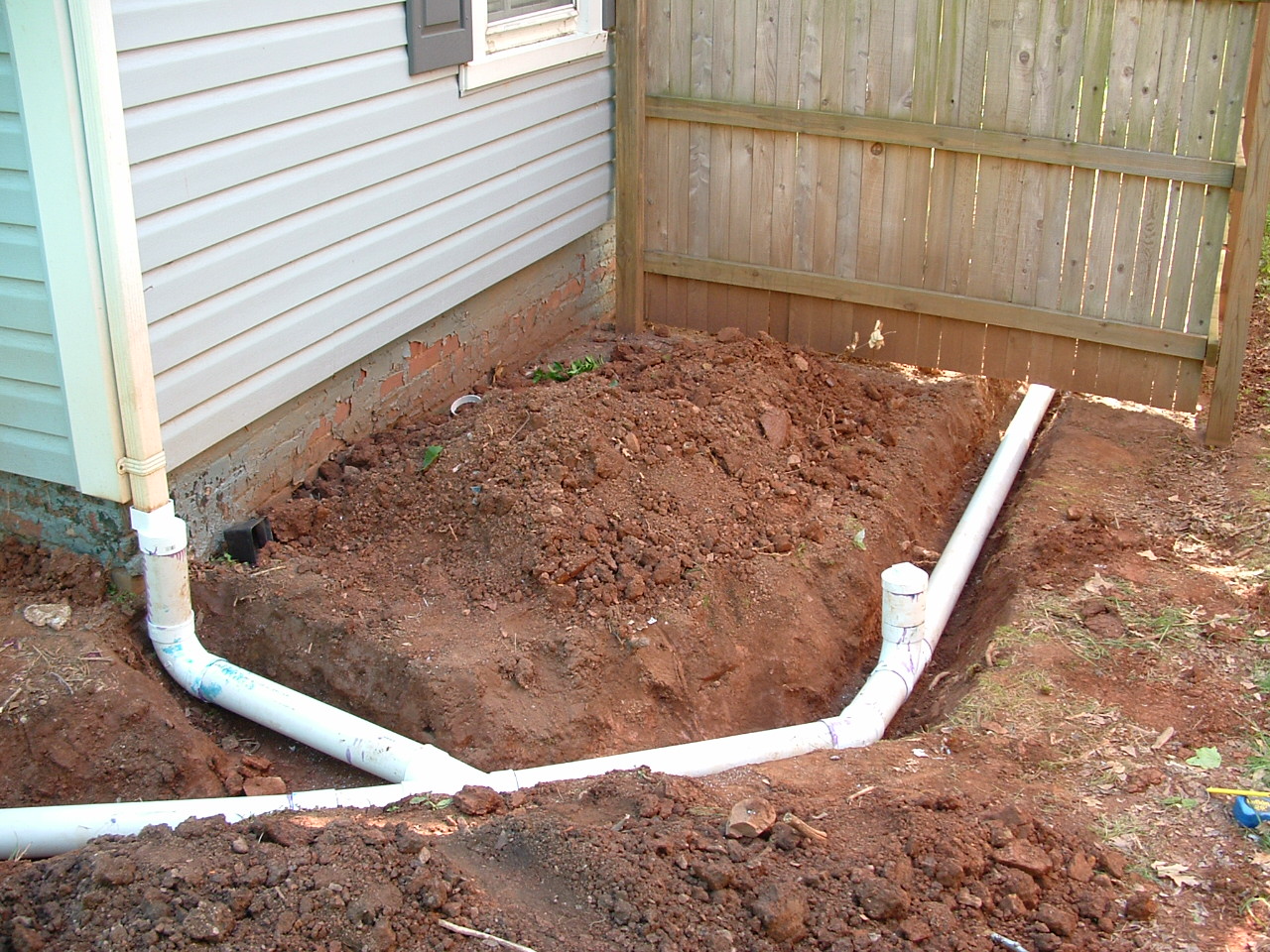
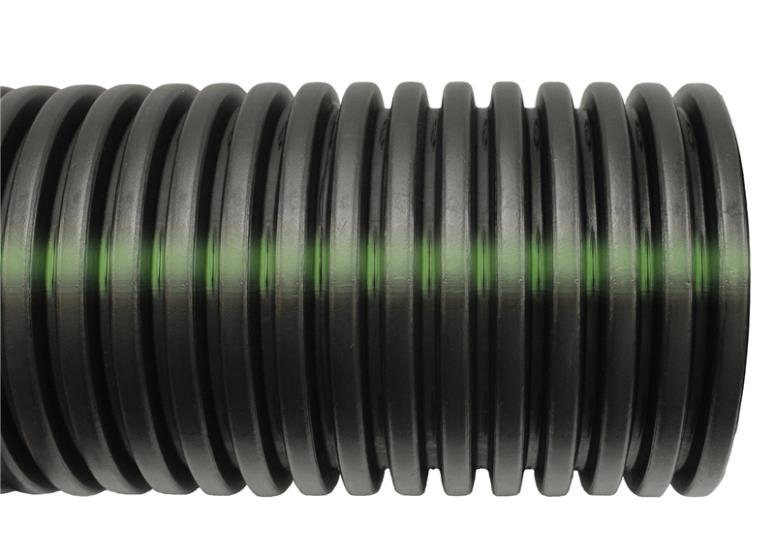

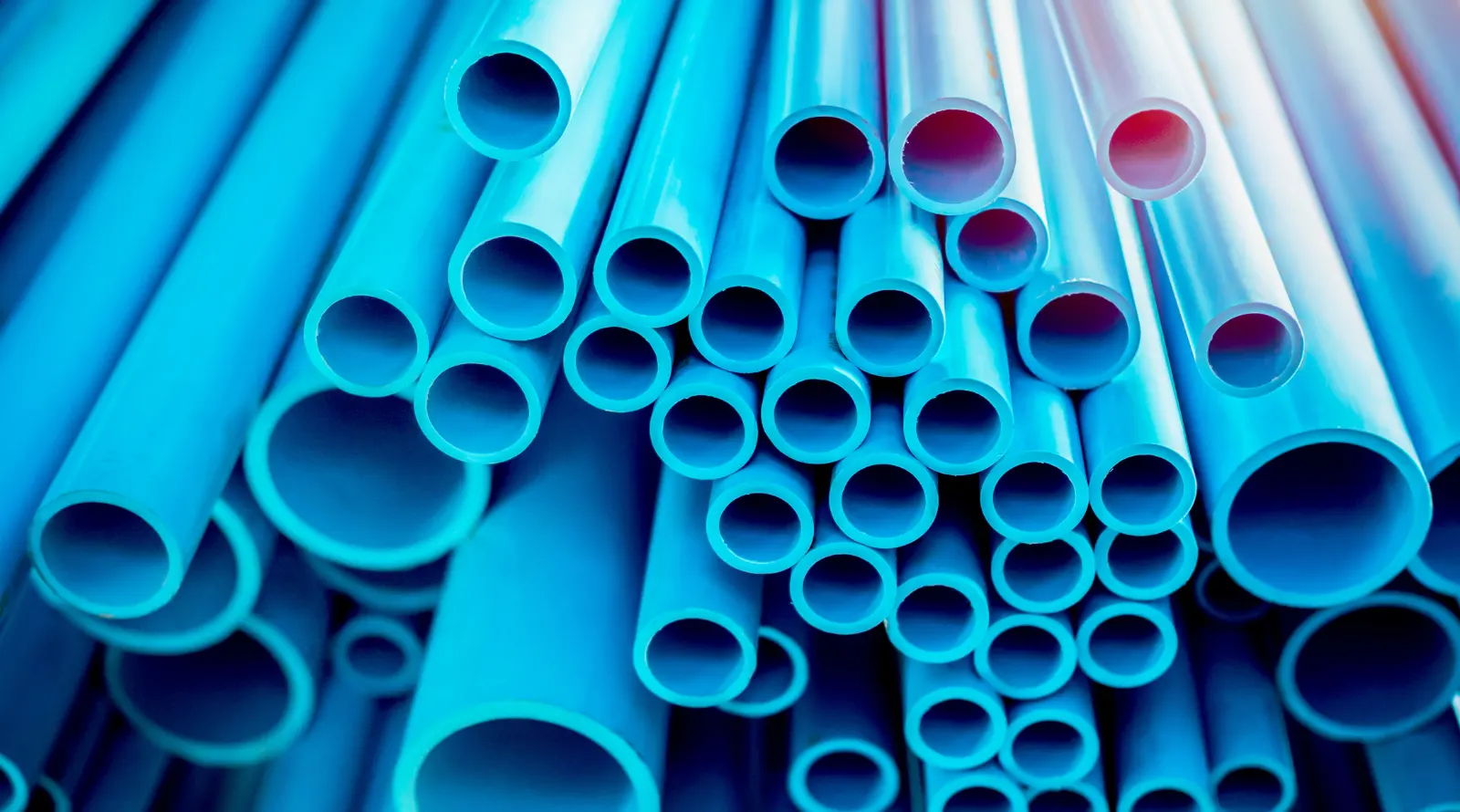



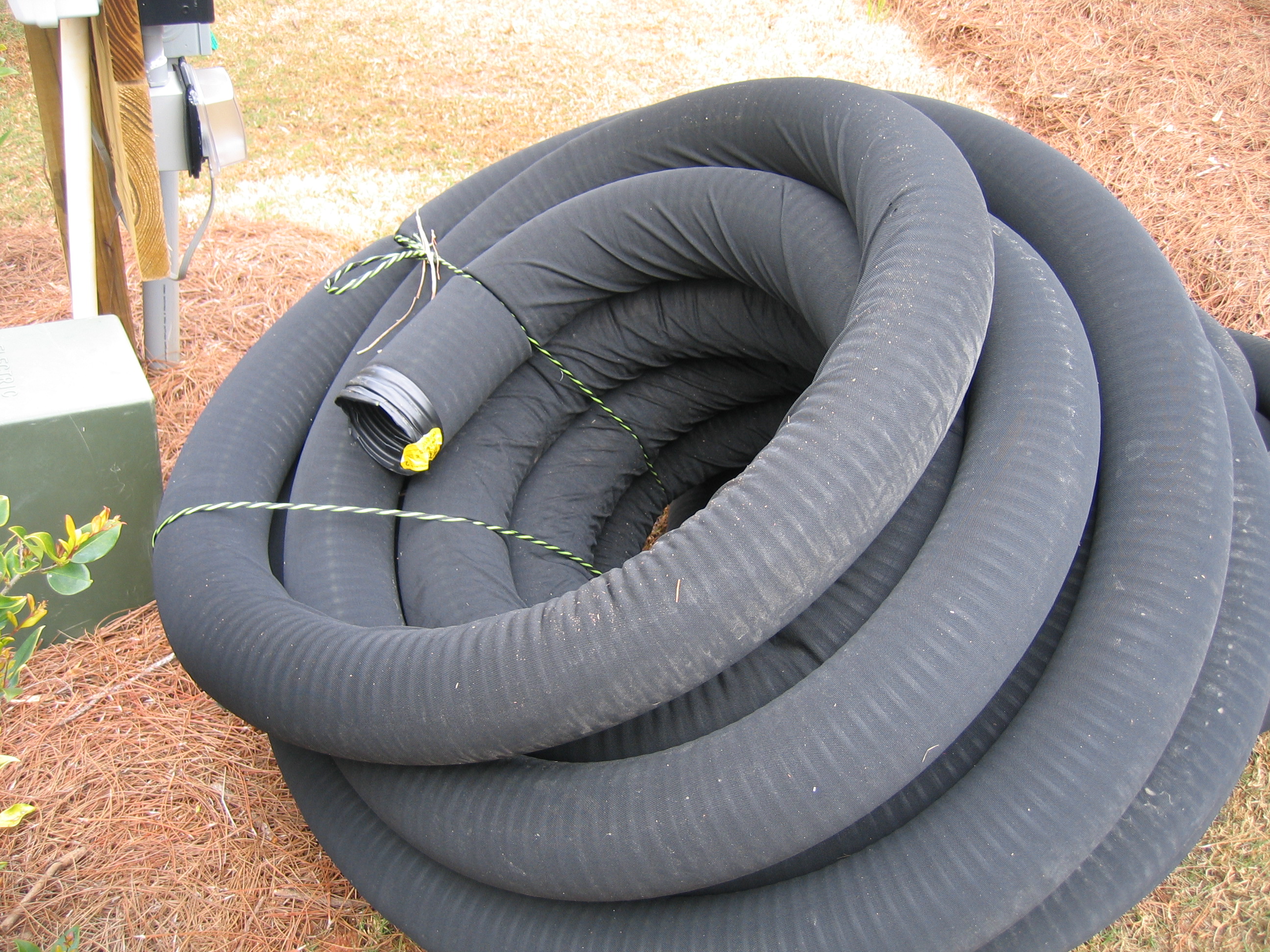


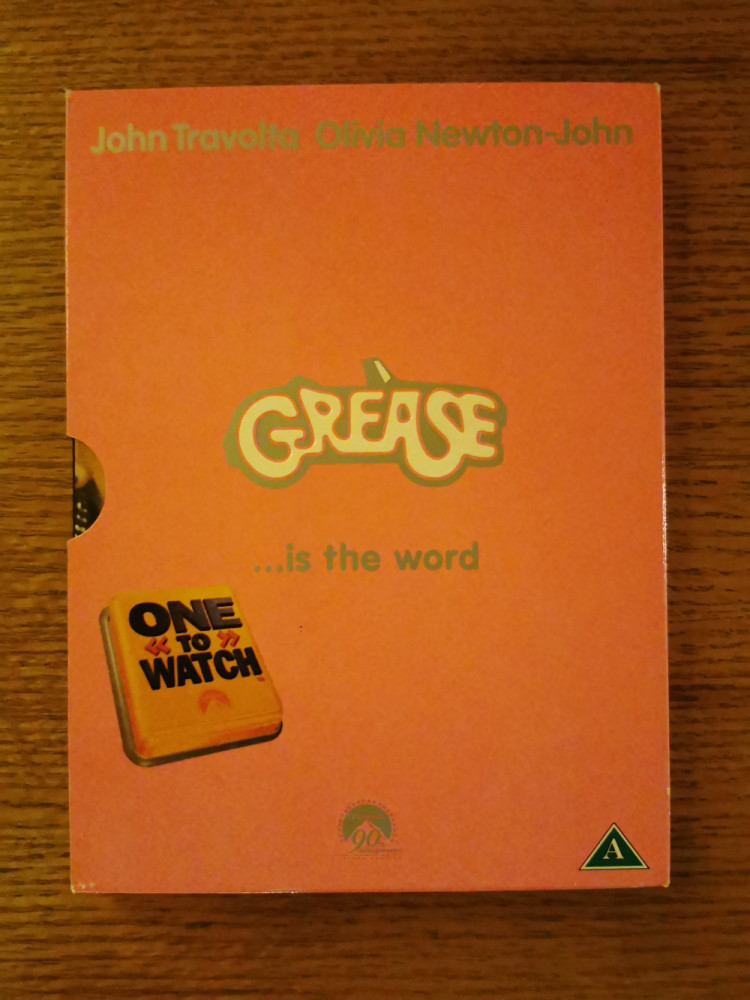



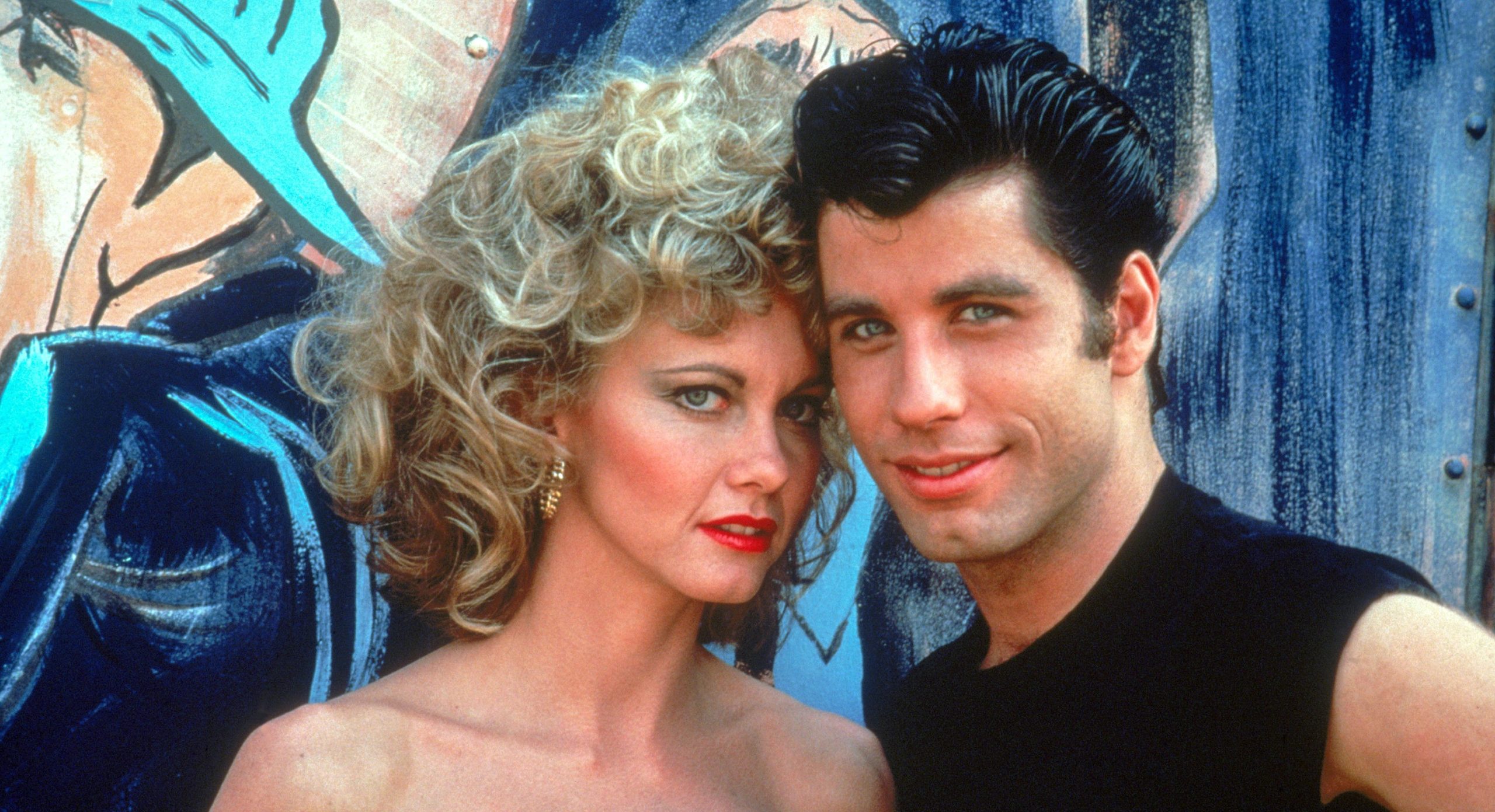







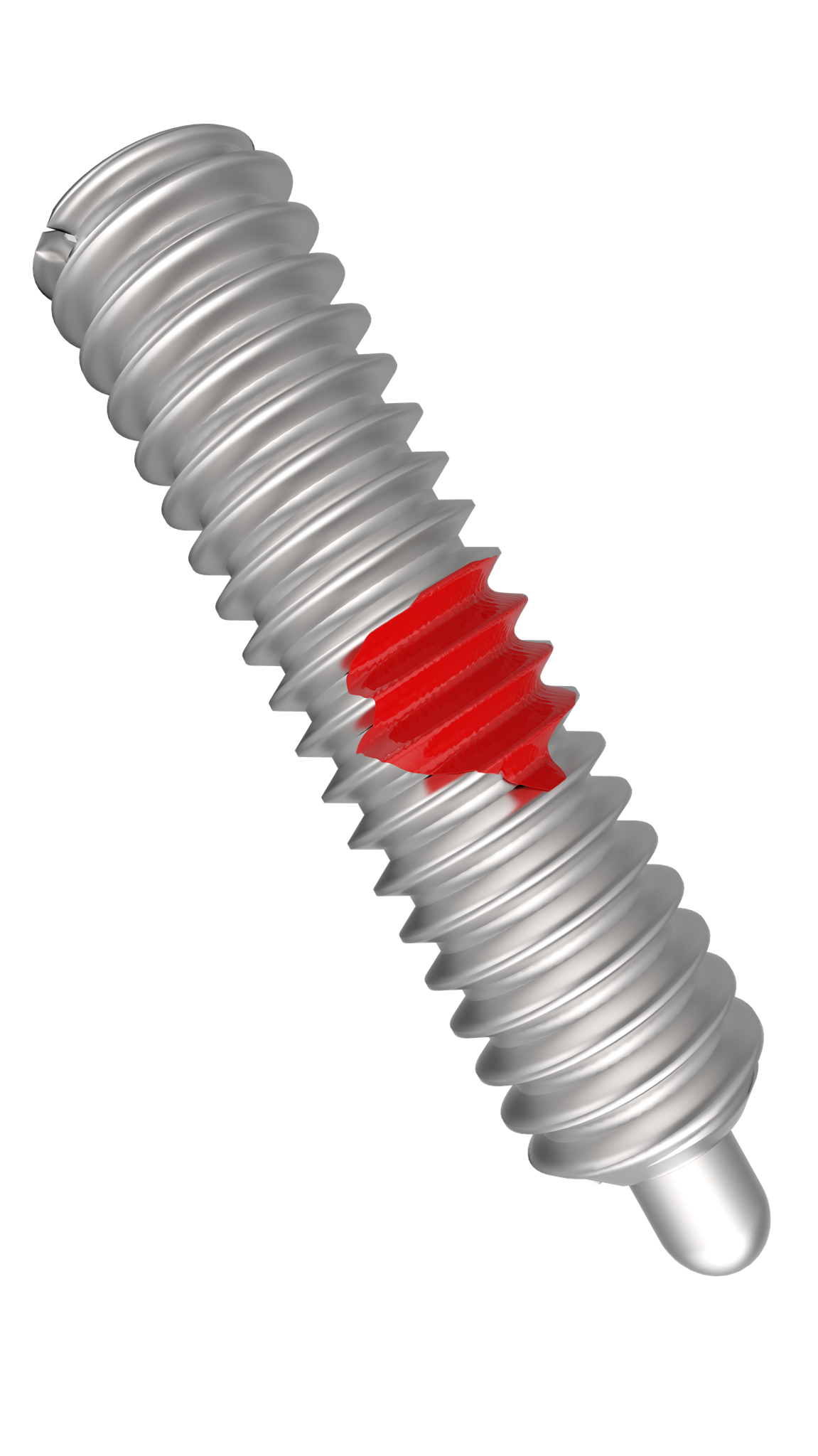
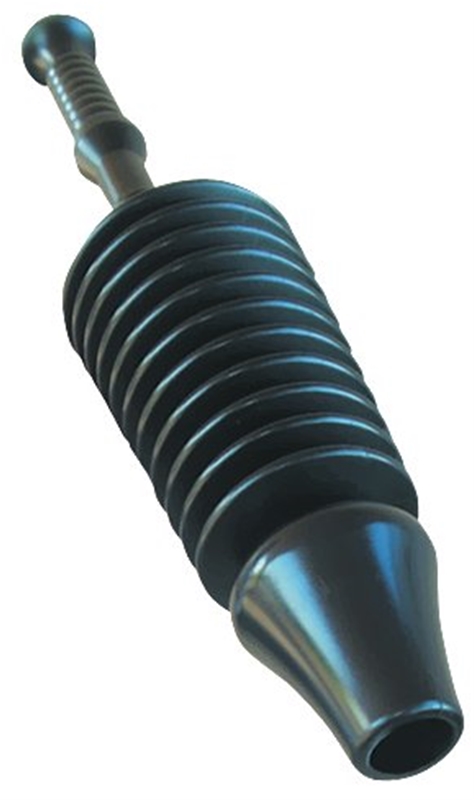
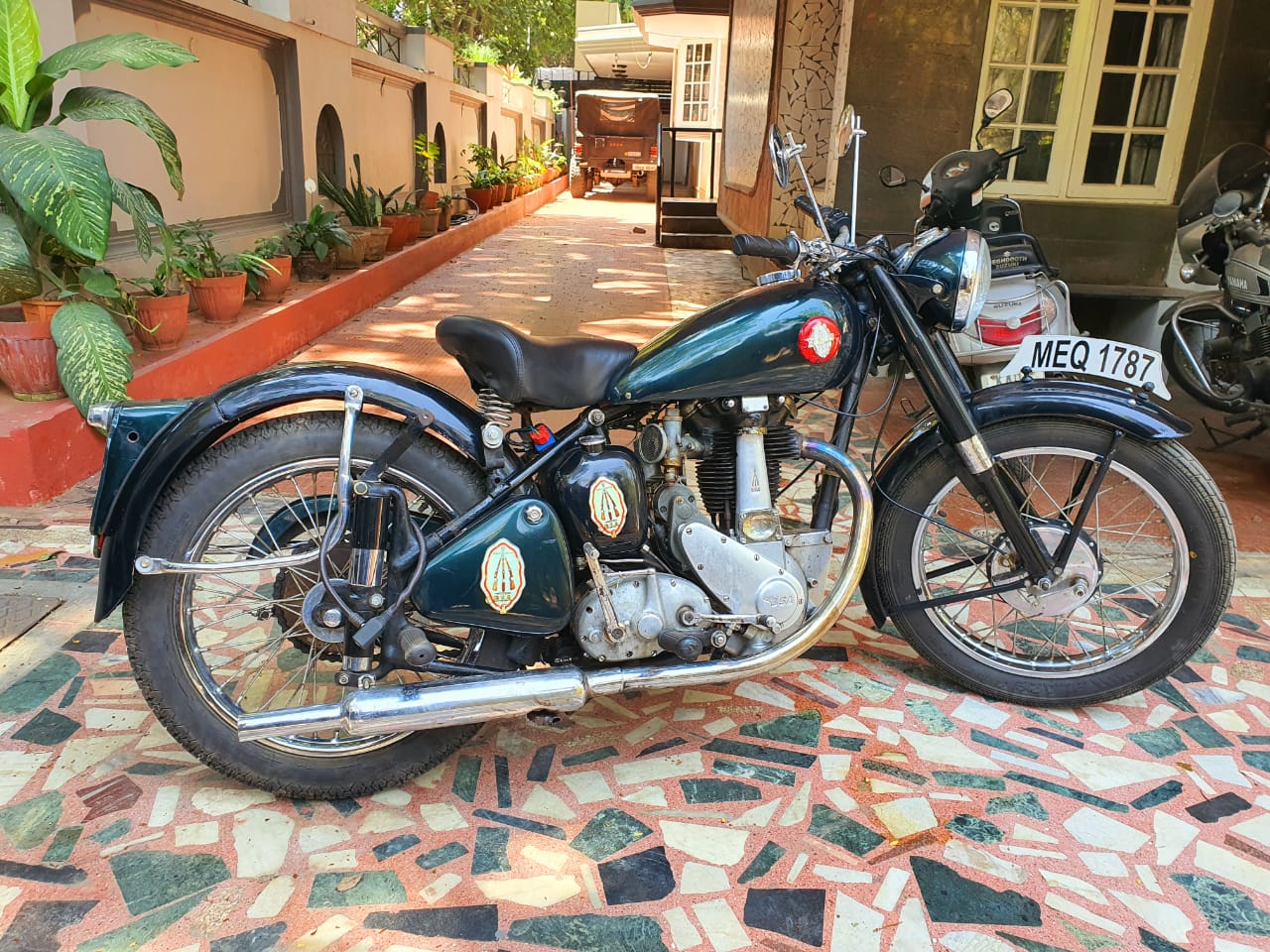


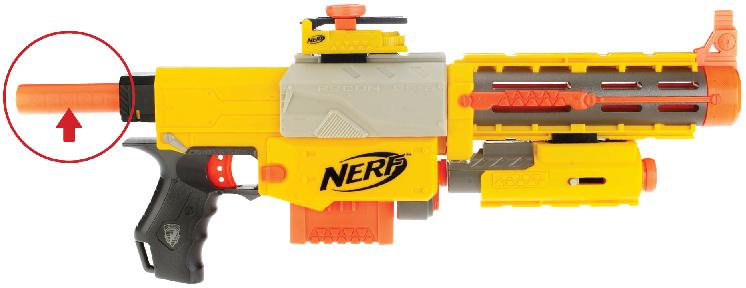






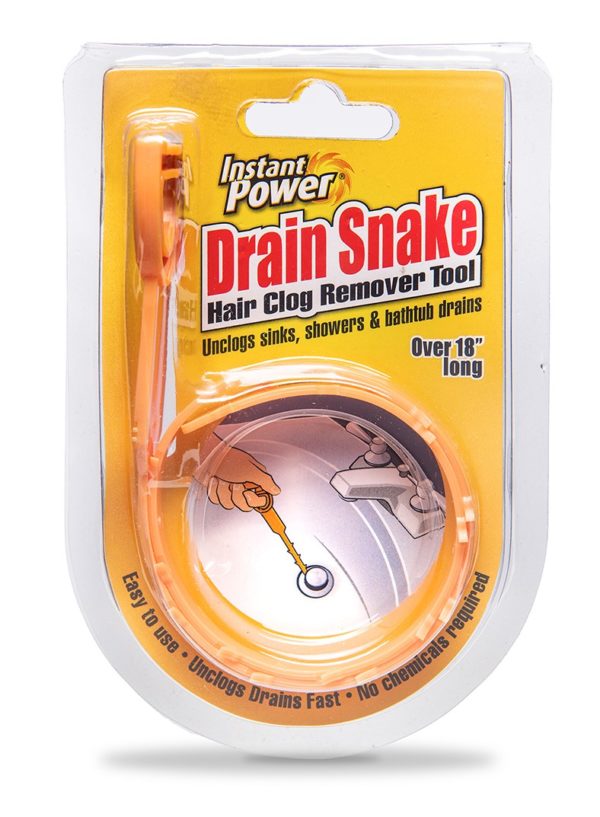
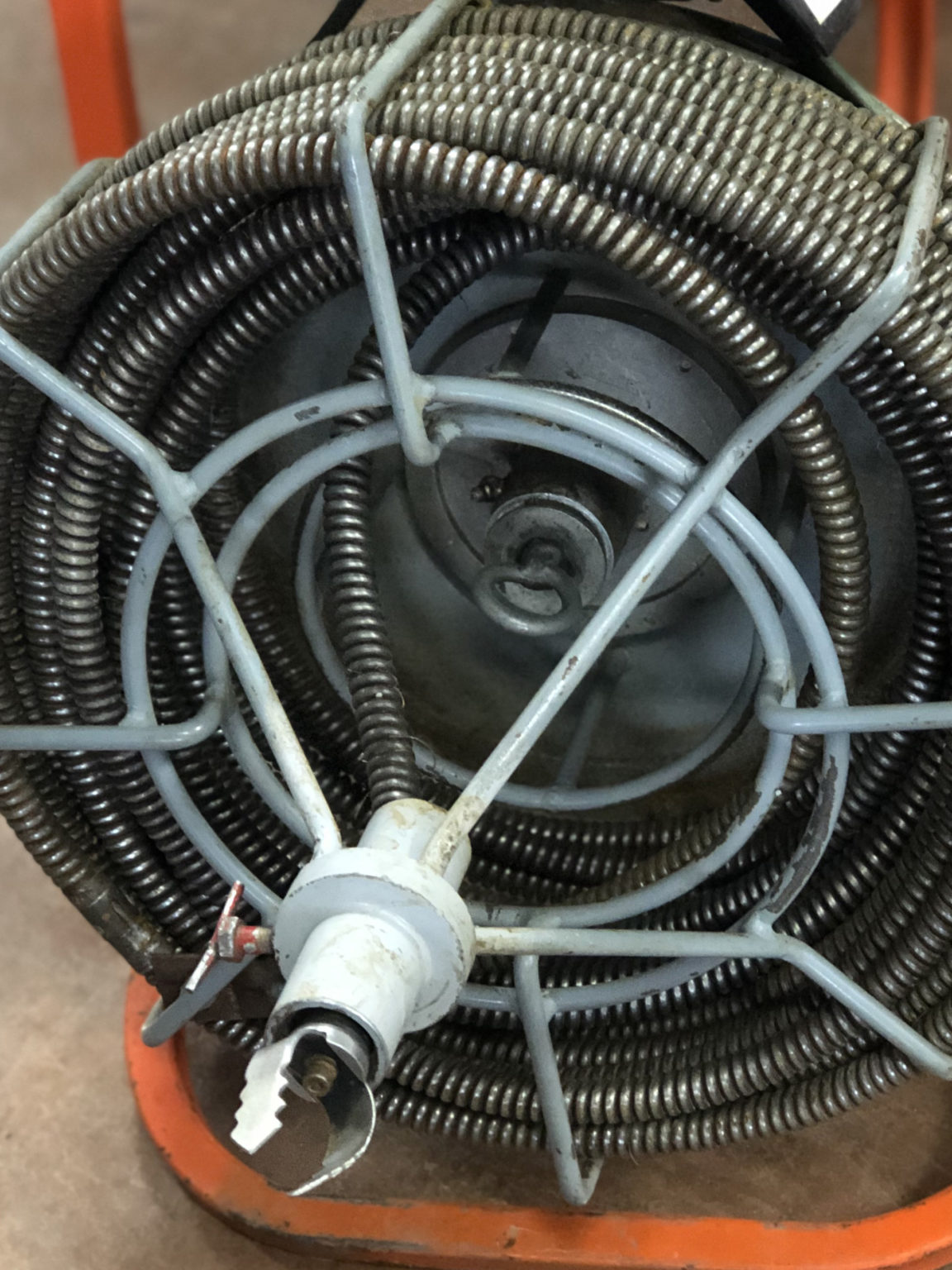

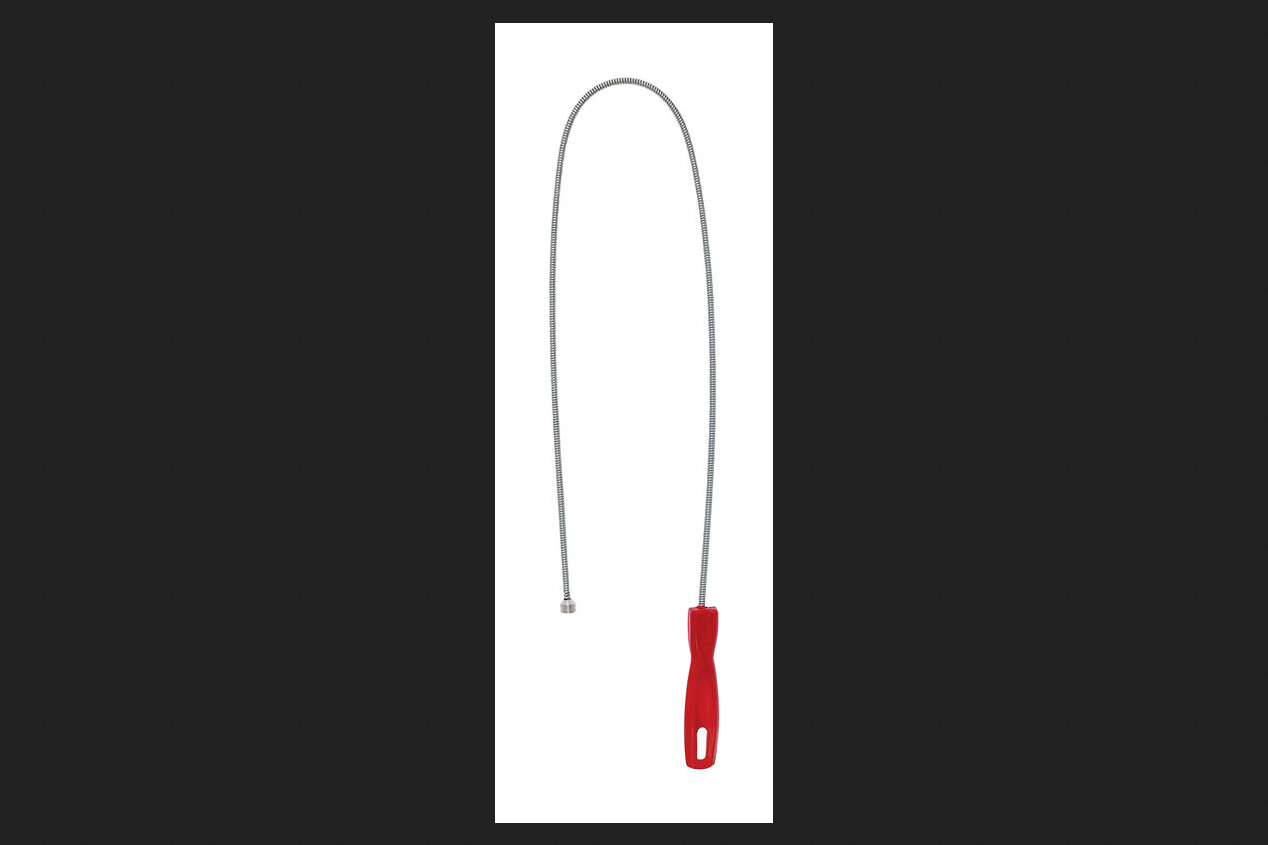

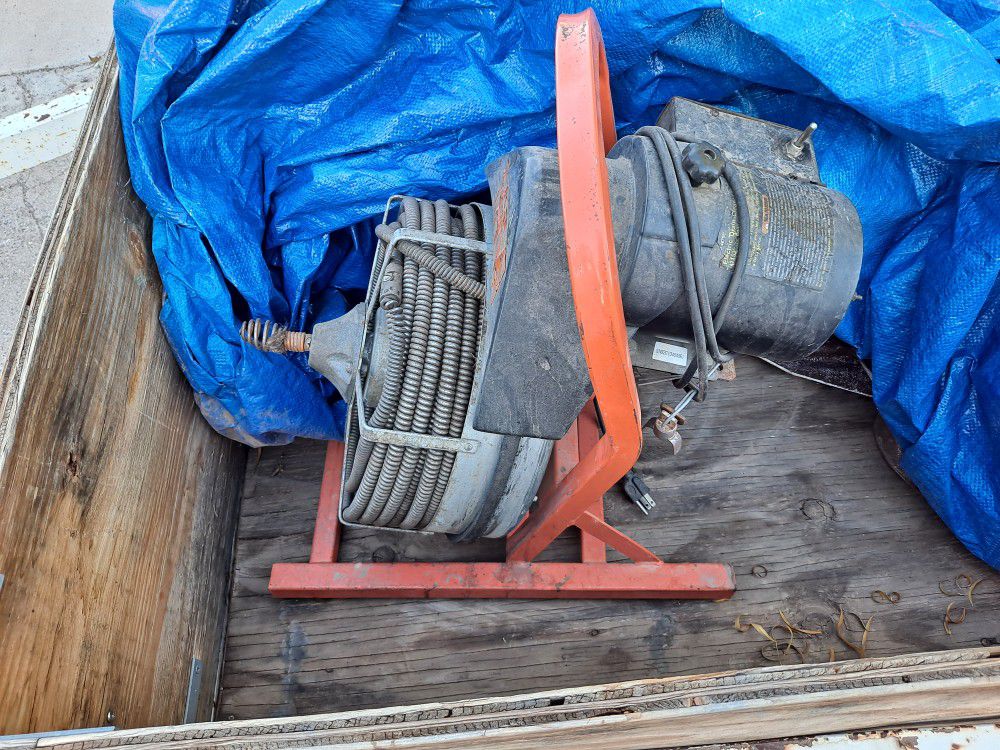
:max_bytes(150000):strip_icc()/Sewerdrainsnake-592872a23df78cbe7ea03d21.jpg)

